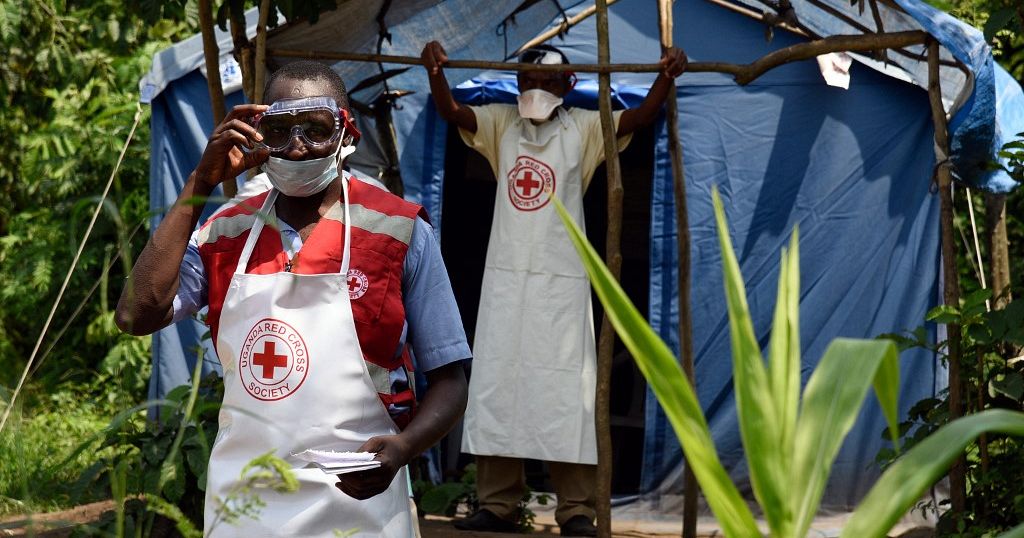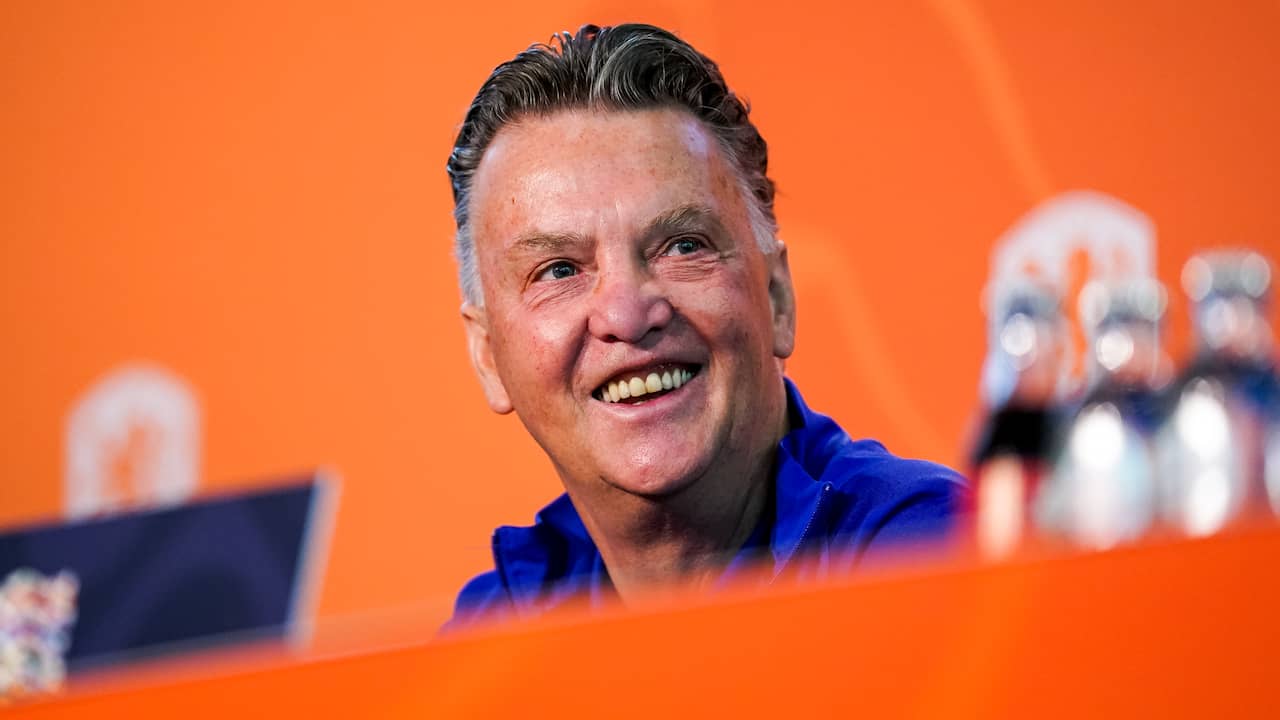ANP
News from the NOS•today, 21:02
-

Helen Ekker
Climate and Energy editor

Reinalda Start
research editor
-

Helen Ekker
Climate and Energy editor

Reinalda Start
research editor
The American oil and gas company ExxonMobil has long tried to prevent gas extraction in Groningen from being curtailed and eventually stopped. This was stated by Filip Schittecatte, marketing manager of Exxon, to the parliamentary commission of inquiry for the extraction of natural gas in Groningen.
It was the first time anyone from Exxon had been questioned. His boss, Joost van Roost, refused to come.
Van Roost claims that he is not a Dutch citizen. Therefore he is not obliged to appear before the commission. Schittecatte is a Belgian. It is not clear why he wanted to be questioned. It became clear that Exxon agreed to phase out gas extraction in Groningen. But according to Schittecatte, it happened through gritted teeth.
“Personally, I don’t look back on a deal that makes me very happy. It took a lot of effort to accept this, that the gas can no longer be extracted.” Exxon did not want the agreements with the Dutch state to be made public. When asked why this was so, he said, “I didn’t feel the need to flaunt it publicly.”
As much profit as possible
According to the committee, Shell had less difficulty with disclosure. “They may be less grim about what has been achieved,” Schittecatte replied. Looking back on the ten-year collaboration with the Dutch government, you explained that Exxon has always wanted to make the most of Groningen gas. According to him, this had been agreed upon between the state and multinationals at the start of gas extraction in the 1960s.
This was also why Exxon didn’t want NAM to deal with other issues, such as so-called green gas, which is better for the climate, or buying foreign gas. “Our goal is primarily to extract the gas we own ourselves.” Groningen gas is jointly owned by Shell and ExxonMobil.
The other interrogations today also concerned the relationship between the state and multinationals. There was often a fight, especially since it became clear that gas extraction had to be curtailed for safety reasons in Groningen. This emerged from interrogations with senior officials Sandor Gaastra of the Ministry of Economic and Climate Affairs and Wouter Raab of Finance.
Not equivalent
According to Gaastra, when the pace of gas extraction seemed to have to drop faster than agreed, the multinationals said: “Then we want to be compensated for every billion that goes faster.” Even according to colleague Raab from Finance, oil companies sometimes wanted “compensation to the last euro”.
The sides weren’t really equal during the negotiations, it turned out. According to Gaastra, negotiations are daily business for Shell and Exxon. “This is not the case with the state and the average public official of economic affairs or finances.” The ministries have tried to remedy this as much as possible by involving external consultants.
The arbitration was initiated several times, because the discussions did not produce sufficient results. A complicating factor, Gaastra said, is that the outside world doesn’t understand at all why oil companies should be compensated. This applies, for example, to the amount that has to be paid for the use of the gas depot in Norg. “Even the 90 million paid for a Norg year have not been understood. Not in the region and not in the House of Representatives.”
snow below
The Raab senior official was also asked to what extent the central government is sufficiently capable of conducting negotiations with Shell and Exxon correctly. Raab called the multinationals formidable negotiators and said the public interest was sometimes threatened.
According to him, the Ministry of Economy was in a difficult position in the public-private partnership. “On the one hand you have to work well together, on the other you have to keep an eye on the public interest”.
According to Gaastra, the Zeerijp earthquake in early 2018 played an important role in the decision to end gas extraction altogether. The 3.4 magnitude Zeerijp earthquake impacted politics in The Hague as much as the Huizinge earthquake in 2012.


